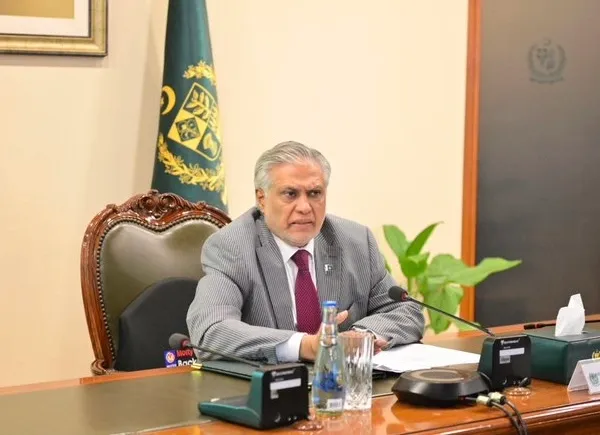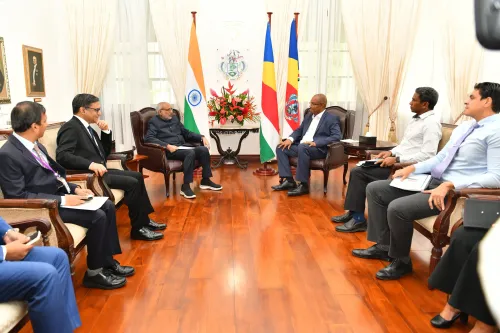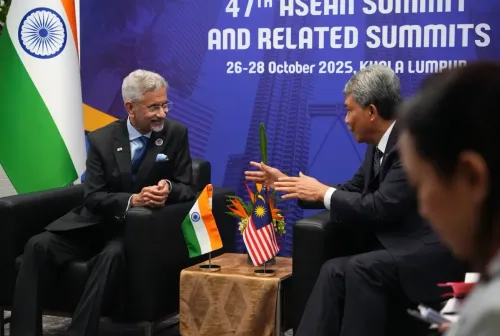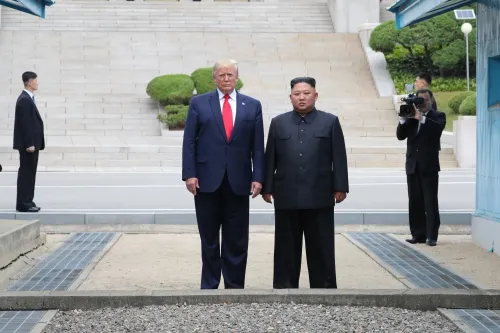Could the Ceasefire Between India and Pakistan Be at Risk Due to India's Indus Waters Treaty Suspension?

Synopsis
Key Takeaways
- Ceasefire between India and Pakistan is fragile.
- Indus Waters Treaty is crucial for water sharing.
- Pakistan warns of consequences if the treaty is tampered with.
- India's stance on terrorism complicates relations.
- Ongoing dialogue is essential for peace.
Islamabad, May 13 (NationPress) - In a significant statement, Pakistan's Deputy Prime Minister and Foreign Minister Ishaq Dar has warned that the ceasefire between India and Pakistan might face jeopardy if New Delhi persists in holding the Indus Waters Treaty (IWT) in abeyance and attempts to redirect Pakistan’s water resources. This declaration follows the recent announcement of a ceasefire, which both nations agreed to maintain during their initial direct communication at the Director General Military Operations (DGMO) level hotline on Monday.
In an interview with CNN, Dar expressed his support for the ceasefire, especially after recent military escalations between the two nations. However, he emphasized the urgent need to address the water dispute. He stated that the sustainability of the ceasefire may be called into question if India does not reconsider its suspension of the IWT.
Dar remarked, “The National Security Committee (NSC) of Pakistan has declared that any manipulation of this treaty, including the diversion or cessation of water, will be regarded as an act of war.”
He further added, “We aspire to advance this process respectfully and honorably for both parties, resolving issues through a comprehensive dialogue that ensures long-term peace and security in the region.”
The treaty was suspended by India following a tragic terror attack on April 22 in Pahalgam, which resulted in the deaths of 26 innocent tourists.
In addition to suspending the IWT, India implemented several other measures, such as closing trade routes and borders with Pakistan, expelling diplomats from the Pakistani High Commission in New Delhi, and halting visas for Pakistani nationals.
During a recent address to the nation, Indian Prime Minister Narendra Modi emphasized that his government would closely monitor Pakistan's actions regarding cross-border terrorism. He stated, “If Pakistan wishes to survive, it must dismantle its terror infrastructure. There is no alternative to achieving peace. India's position is unequivocal: Terrorism and dialogue cannot coexist; neither can terrorism and trade; nor can water and blood.” This statement indicated no intention from India to amend the suspension of the IWT.
As the first DGMO-level contact between India and Pakistan unfolds, the agenda for the forthcoming discussions in the second phase of direct communication will be of keen interest.
The Indus Water Treaty, established in 1960, oversees the distribution of water from six rivers—Indus, Jhelum, Chenab, Ravi, Beas, and Sutlej—between India and Pakistan.









